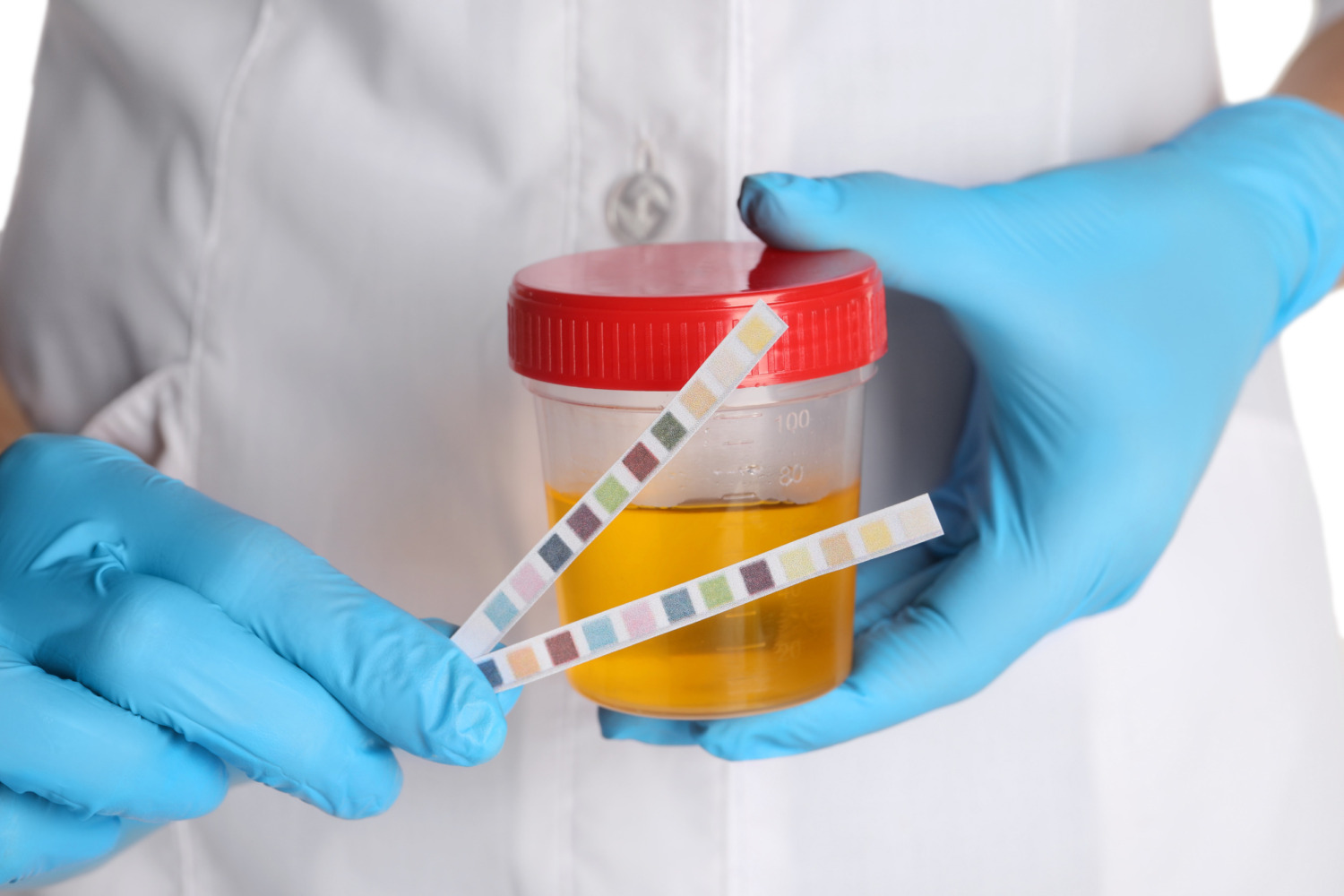A DOT SAP provider knows that when it comes to ensuring safety in the workplace, certain industries hold the responsibility of maintaining a higher standard of sobriety among their employees. The Department of Transportation (DOT) mandates stringent regulations to safeguard the public in fields such as transportation, energy, and public safety. To better understand the importance to prevent substance abuse in these safety-sensitive positions, let’s take a closer look at addiction statistics among DOT-mandated employees.
The Scope of DOT-Mandated Employees
Before delving into the statistics, it’s crucial to understand who DOT-mandated employees are and the industries they represent:
- US Coast Guard: The US Coast Guard is a branch of the Department of Homeland Security responsible for safeguarding maritime interests and protecting the nation’s waters. Their mission includes search and rescue operations, enforcing maritime laws, maintaining navigation aids, and ensuring the safety and security of vessels, ports, and coastal areas.
- Federal Aviation Administration (FAA): The Federal Aviation Administration is responsible for regulating and overseeing civil aviation within the United States. They ensure the safety and efficiency of the national airspace system by managing air traffic, setting aviation standards, and overseeing aircraft certification and maintenance.
- Pipeline & Hazardous Material Safety Administration (PHMSA): PHMSA is responsible for overseeing the safety of the nation’s pipelines and the transportation of hazardous materials. Their mission includes developing and enforcing regulations to prevent accidents and protect the environment while ensuring the safe transportation of hazardous materials.
- Federal Railroad Administration (FRA): The Federal Railroad Administration focuses on promoting the safety and efficiency of the nation’s railroads. They develop and enforce safety regulations, inspect railroads and equipment, and work to improve the overall safety of rail transportation. FRA’s efforts contribute to the safe and reliable movement of goods and passengers by rail.
- Federal Motor Carrier Safety Administration (FMCSA): The Federal Motor Carrier Safety Administration (FMCSA) is an agency within the U.S. Department of Transportation responsible for regulating and overseeing the safety of commercial motor vehicles (CMVs) and the motor carriers that operate them. FMCSA’s primary mission is to reduce crashes, injuries, and fatalities involving large trucks and buses on American roadways.
- Federal Transit Administration (FTA): The Federal Transit Administration (FTA) is a United States federal agency responsible for advancing public transportation systems and services across the country. It operates under the U.S. Department of Transportation (USDOT). The primary role of the FTA is to provide funding, technical assistance, and oversight to support the development, maintenance, and improvement of public transit systems.
DOT SAP Providers Look into the Statistics
To gain insights into substance abuse among DOT-mandated employees, let’s look into when drug and/or alcohol tests are administered:
- Pre-Employment Testing: Pre-employment drug and alcohol testing is conducted before an individual is hired for a safety-sensitive position. The goal is to ensure that prospective employees do not have a history of drug or alcohol abuse that might compromise safety.
- Random Testing: Random drug and alcohol testing is unannounced and occurs periodically throughout an employee’s tenure in a safety-sensitive role. This type of testing acts as a deterrent to substance abuse among current employees.
- Post-Accident Testing: Post-accident testing is conducted after certain types of workplace accidents or incidents to determine if substance use contributed to the event. The aim is to improve safety and identify potential issues.
- Reasons for Testing: Reasonable suspicion testing occurs when a supervisor or colleague observes specific behaviors or signs that indicate an employee may be under the influence of drugs or alcohol. This testing aims to address immediate safety concerns.
- Return-to-Duty Testing: Return-to-duty testing is required for employees who have violated drug and alcohol regulations and are seeking to return to safety-sensitive duties after completing a rehabilitation program.
- Follow-Up Testing: Follow-up testing is conducted for employees who have returned to work after a substance abuse violation. It continues for a specified period to monitor their ongoing sobriety.
“In federally mandated, safety-sensitive workforce urine drug testing, pre-employment positivity increased 9.5% since 2017 (2.1% in 2017 versus 2.3% in 2021), while post-accident positivity increased 41.9% (3.1% in 2017 versus 4.4% in 2021). In 2021, the post-accident positivity as compared to pre-employment positivity was 79.6% higher (9.7% versus 5.4%) in the general US workforce and 91.3% higher (4.4% versus 2.3%) in the federally mandated, safety-sensitive workforce.”
The Road to Safety and Recovery
These statistics emphasize the importance of vigilance, strict enforcement of DOT regulations, and access to effective rehabilitation services. Substance abuse is a challenge that can be overcome with the right support and resources.
By addressing addiction head-on, employers, regulators, and employees can collectively contribute to safer workplaces and protect the public. It’s essential to recognize that behind these statistics are individuals struggling with substance abuse issues who deserve the opportunity to regain their sobriety and contribute to the safety and success of their respective industries.
Failed DOT-Mandated Drug and/or Alcohol Test? Find a DOT SAP Provider and Get Started on Your Road to Recovery
DOT-mandated safety-sensitive employees’ safety, well-being, and future career prospects are of utmost importance. If you’ve failed a drug and/or alcohol test it’s important to know that there’s a path to recovery and returning to your safety-sensitive role. Contact SAP Referral Services to find a DOT SAP provider near you.
